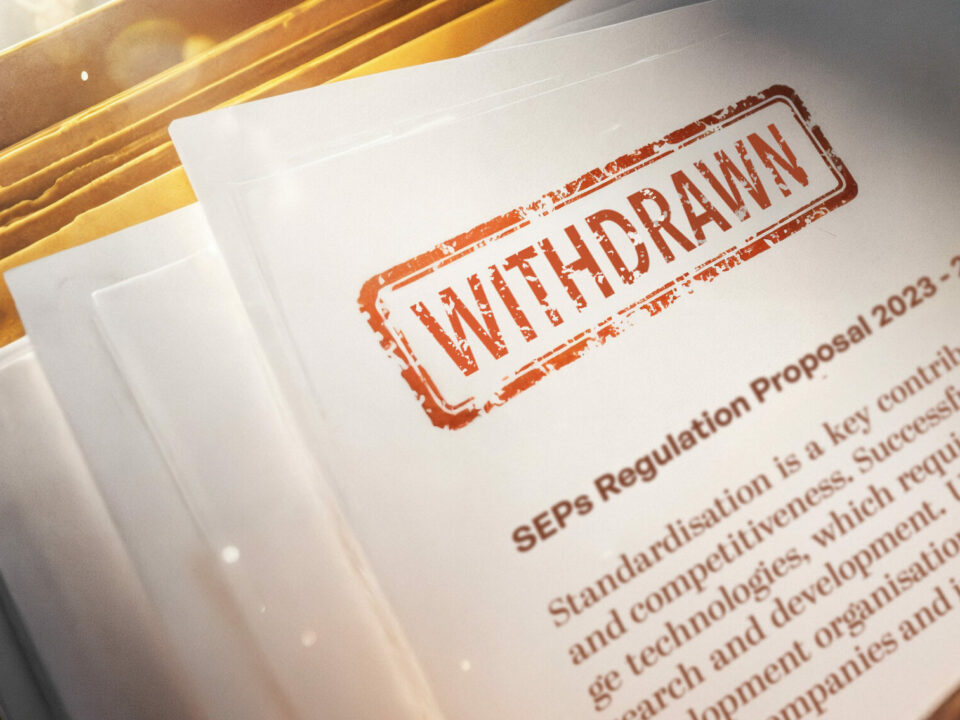World IP Day: Let’s celebrate the tech we love and the patents that make it possible
World Intellectual Property Day celebrates the crucial role IP plays in driving innovation in Europe and around the world. Intellectual property rights ensure people and companies that create products, services or technical standards that are useful to consumers worldwide are compensated for their inventions.
An example of this innovation could be in your hand right now as you read this post – your smartphone. Just reflect upon how much more capable your current mobile phone is compared to your first one. Technical standards have had a major role in that advancement. They are essential to ensuring that products manufactured by different companies can operate and communicate with each other. Moreover, they ensure that the performance of these products increases at an incredible pace, as has clearly been the case with mobile phones.
Technical standards are developed by Standard Development Organisations (SDOs) which bring together stakeholders from around the world who work to continuously improve each generation of standard. These standards often include patented technologies which patent holders make available to other companies in exchange for a commitment to negotiate licenses under fair, reasonable, and non-discriminatory (FRAND) conditions—providing access to those standards to the entire value chain.
At IP Europe, we believe in the benefits of this open standards system. It allows companies and individual inventors to invest and reinvest in innovation with some expectation of compensation for the technology they have contributed to the standards. Since many of these standards are “made in Europe”, this benefits Europe as a whole by enhancing its strategic autonomy and technological sovereignty. In addition, it benefits global consumers by avoiding fragmentation of new technologies into proprietary ecosystems. Standards such as 3G, 4G, 5G, NFC, Wi-Fi and video streaming codecs are developed in SDOs through collaborative processes that encourage innovative companies to contribute and combine their cutting-edge technology into open standards in return for FRAND licence fees.
The EU institutions are under strong pressure from a group of multinationals that make use of open cellular standards but are opposed to paying a fair license fee for them. Moving away from the open standards system would have catastrophic effects on Europe’s ambitions to be a strategic global player in the technology sector, would harm European consumers, and would seriously disincentivise innovation. On this World IP Day, Europe needs to defend the system of open standards that has allowed European companies to play a leadership role in the tech sector even as manufacturing of many products has moved to other shores.



